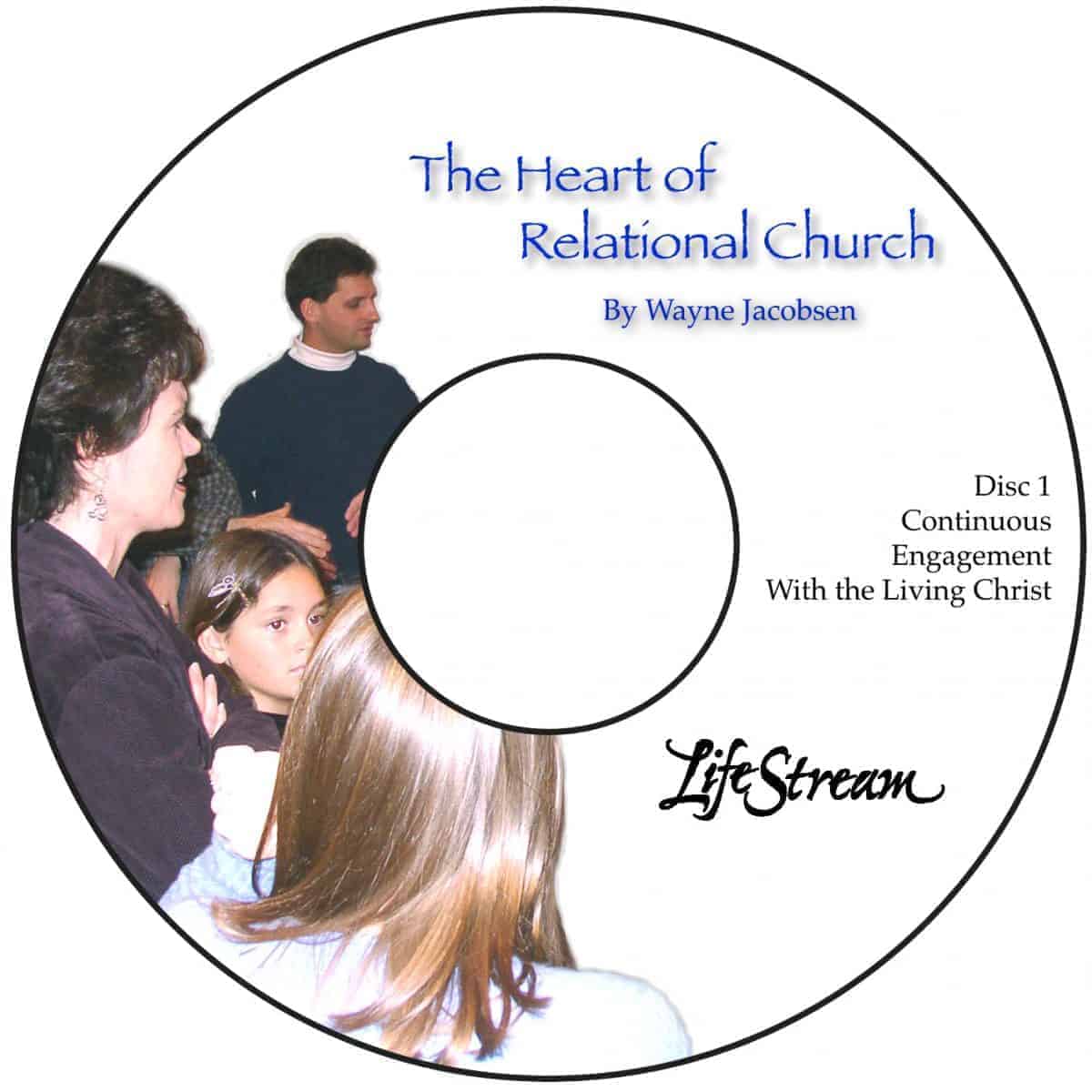I meant to tag on some sample quotes from Josh Packard and Ashleigh Hope’s new book, Church Refugees yesterday and in my haste forgot to tag them on to my review. So I will include them here. I know many of you will enjoy this book and the insights it offers…
How can the church possibly hope to survive and thrive as a relevant and meaningful social institution if it keeps spitting out Ethan and people like him? If people who are so dedicated to the church feel the need, ultimateily, to leave for their own survival, what does that say aobut the church and it’s future? … He and his wife didn’t give up on God; they gave up on the institutional expression of church. They didn’t stop doing things to advance what they believed to be the work of God; they stopped doing things to advance the work of the church. Their suubstantial energies and skills are now poured daily into activities and structures that happen completely outside the purview of organized religion. They’ve opted for relationship over structure, doing over dogma, and creating with rather than creating for.
From one of the people they interviewed: I had a chat with a pastor at a church that I was interested in attending, and I said, “I don’t want to hear about what you believe; there will be plenty of time to talk about that later. I’m not interested in seeing if we agree, because I’m sure three will be disagreement. The only question I have for you is, How do you deal with people who disagree with you? How does the church handle that?” Because really, for me, that’s the most important thing.
Again in these stories we see a return to the concept of the reluctant leaver, which echoes back to the refugee. People are trying, sometimes for years, to make church work for them before eventually, reluctantly moving on. And when they move on, they move to things that look nothing like the activities that consume the traditional church. They move on to community gardens, art therapy, meals in living rooms around a communal table, Internet chat rooms, and quilting groups. Nobody, not one single respondent mentioned replacing church with a worship service or with a sermon series or with committee work. They are replacing church with meaningful activity that engages their communities and build relationships, things they find missing in the church.
As we say throughout the book, they’re leaving to do more, not less, and they’re doing it with a broader and more diverse community. They aren’t exhausted or burned out. They aren’t retreating to small like-minded groups.
The Dones might lament the loss of the church and grieve the abandonment of an institution they once loved and were so hopeful for, but that won’t stop them from actively expressing their faith. As one respondent, Ava, tod us, “There’s pain in leaving. There’s loss. But there’s hope, too. We’re able to do things now.”






